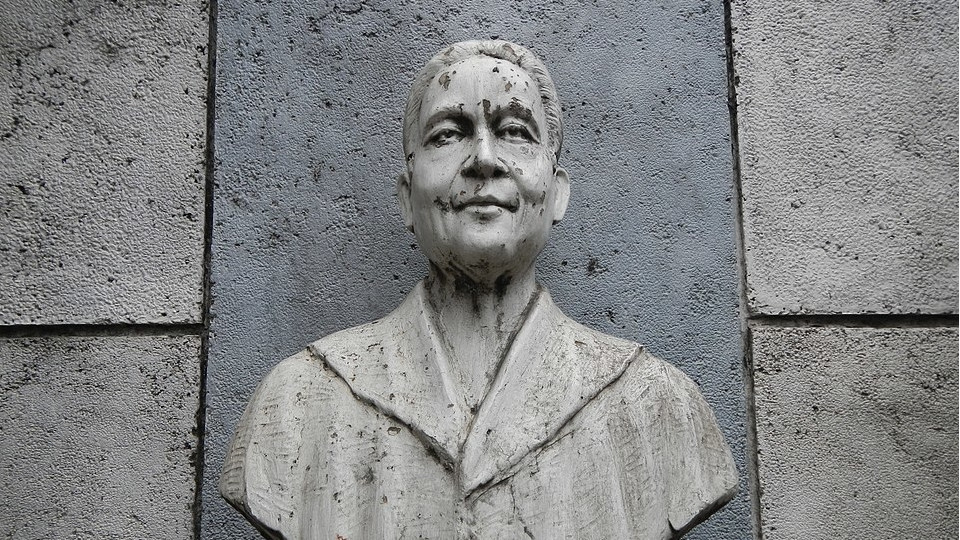 Volcano
Volcano by
Shūsaku Endō
My rating:
3 of 5 stars
"A volcano resembles human life. In youth it gives rein to the passions, and burns with fire. It spurts out lava. But when it grows old, it assumes the burden of those past evil deeds. It turns deathly quiet..."
I picked up this my fourth Endo novel while fresh from a rather hefty tome (anything above 350 pages is, for me, considered a doorstopper) and needing something shorter to read on this Sunday morning, before I work again in the afternoon.
When I look back on how busy pre-pandemic Sundays were (running to church and then to do groceries at the mall, family lunch and perhaps squeeze in a play or concert, or movie), I think pandemic Sundays offer more in terms of opportunity for both spiritual renewal and, let's face it, getting up to speed on work (C'est la vie, in "the next normal" of education). Who knew so much time would be freed up when one hides away from crowded malls?
Shusaku Endo is, fittingly, meant to be read on Sundays. Reading his books is similar to what Catholics feel when at church, listening to a particularly good sermon (which, like good books, are not as common as they ought to be and should be prized for their rarity). There is the mirror held up (behold your sins), the shame, then the resolve to be better. The better the sermon and the more respected the priest, the higher the likelihood of Sunday thought to be carried out to weekday action.
We have in VOLCANO the usual Catholic literature style of exposing people's most sinful thoughts. Like Graham Greene, Shusaku Endo does not shy away from putting on paper those most shameful desires of ours, the full spectrum of human pettiness and depravity made permanent on paper.
But while his other works seemed to end more hopefully, VOLCANO is unusually darker and morbid, plus it ends so ambiguously that this reader (who, like a good Catholic, wants her endings to end if not happily then at least with finality) is left with a disquiet soul.
This MAY be the point. While other brands of Christianity offer assurance in the forms of automatic salvation, Catholicism does not remove personal responsibility. There is no free pass, no matter how many masses or confessions one attends, because each person needs to put in the work to live Christ-like, daily, amidst all the world's evil.
Broken contracts. Dishonor. Mean thoughts against family members. Hypocrisy. The novel rings as true now as it was when Endo wrote this in 1959: "Evil itself is a volcano that will never be extinct."
Two men occupy neighboring rooms in a local hospital in Japan. One is a retired scientist who spent his whole life studying the (fictional) volcano Akadeke. The other is a defrocked foreign priest whose overflowing bitterness stems from envy and a "lust for controlling the lives of others."
You would think that this is a set up for a debate on religion versus science, or turn into a disaster thriller.
But this is Shusaku Endo, whom one reads because, like the master of human nature that he is, his works are unpredictable.
Endo writes of shared humanity. The two men have nothing in common... except a shared obsession with the volcano's fate (will it erupt or not?) and the sinfulness of living selfish, love-less lives. This loneliness in old age comes for both, never mind that one followed society's script and raised a family, while the other broke his order's rules every chance he got. The price of two cold hearts.
Genuine love, Endo reminds us, is not borne from outward acts, church memberships, formal relationships or positions. A baptism on paper means nothing without a genuine desire to love our neighbor.
Both men break down physically because they are unable to reconcile their innermost being with the truths they observe around them. Such selfishness has far-reaching consequences not just for them, but for their community.
For a very short 172 pages, Endo - as usual - leaves this reader pondering life choices. And while I wish this book had been cheerier, that would have lessened its ending's impact.
View all my reviews









